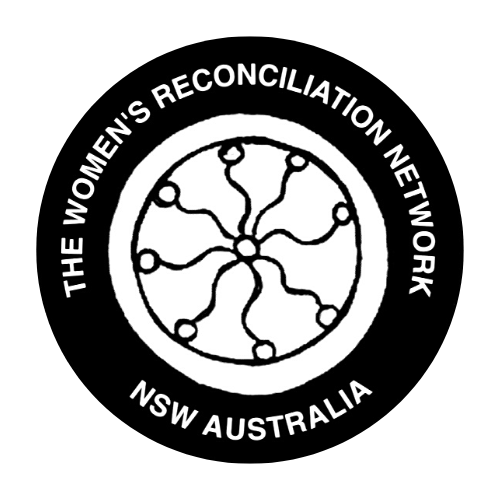| Since the referendum, we’ve seen the No vote used to justify rolling back symbolic recognition—like Welcome to Country and the flying of Aboriginal and Torres Strait Islander flags. But what does the No vote actually mean?Our panel of legal and political experts unpacked this moment in Australian history, what’s driving the current political response, and why the fight for justice isn’t over.If you missed it, you can watch the full recording here. |
| Key takeaways from our experts |
| Professor Gabrielle Appleby Australia has moved on quickly, creating a dangerous cultural silence.There is a reluctance to examine the disinformation and agendas that influenced the referendum. Some are now trying to extend the No vote to limit First Nations visibility and recognition. This unchecked expansion is a serious issue for our democracy. |
| Professor Megan Davis AC Politicians and pundits are wrongly using the No vote to justify rejecting a broad range of policies and laws. That’s not how the Constitution works – this application of No seems arbitrary and ideological. When referendums on a Republic or four-year terms failed, those results weren’t weaponised against the idea of change in the same way. Australia’s weak civics education allows misinformation like this to spread. |
| Professor John WilliamsThe framers of the Constitution never intended it to be this hard to change. Australia hasn’t passed a referendum since 1977 – but failure to pass does not mean the issue disappears. At Federation, even the Constitution itself struggled to gain support. The first referendum in 1898 failed in New South Wales, requiring secret political negotiations and a second referendum to move forward. Importantly, the framers expected and planned for future change. A referendum is a narrow vote at a particular political moment. It does not preclude similar reforms – constitutional or otherwise – from being revisited and achieved in the future. |
| Professor Paul KildeaContext shapes referendum results as well as the issue on the ballot paper. Research shows that results are impacted by party positions, the timing, compulsory voting and the wording of the question itself. Referendums do better when they have bipartisan support, when they’re held on election day, when voting is voluntary and when the question itself uses emotive language. Changes in context can deliver different outcomes. Referendums aren’t an end point for debate or change, they’re gates we walk through together. |
| Associate Professor Sana NakataRepresentation matters more than ever. The political status of Aboriginal people is now a contemporary choice, not just an historical legacy. You can vote No to a constitutional enshrinement, but you can’t vote no to First Nations Voices – they’re enduring. We all have a role to play in improving the volume and quality of the representative terrain around Indigenous Peoples, policies and politics. |
| Where to from here? |
| This conversation made one thing clear: the conversation about meaningful recognition hasn’t stopped. We will continue pushing for the justice and recognition First Nations peoples deserve. And we will continue pushing for the evolution of our founding document, so that it might better serve modern Australia. |
| Join us for our next webinar, happening at the end of the month |
| This month marks 16 years since Australia formally endorsed the United Nations Declaration on the Rights of Indigenous Peoples. Our next webinar, “Can Parliamentary Committees Deliver for Indigenous Peoples? UNDRIP, the Voice and the Parliamentary Process” discusses UNDRIP in more detail. We’ll deep dive into the objectives and rights contained in the UNDRIP, particularly its rights for ongoing political participation and the provision of ‘Free, Prior and Informed Consent’. It will provide an analysis from experts in international law, Indigenous rights, and parliamentary procedure as to how different proposals that have been suggested in Australia might meet those objectives. 📅 April 30 ⏰ 12- 1PM (Sydney / Melbourne / Canberra) |
| We’ve been grateful to see so many of you online at our recent events, thank you to everyone who has made the time. Hope to see you on the 30th! |
